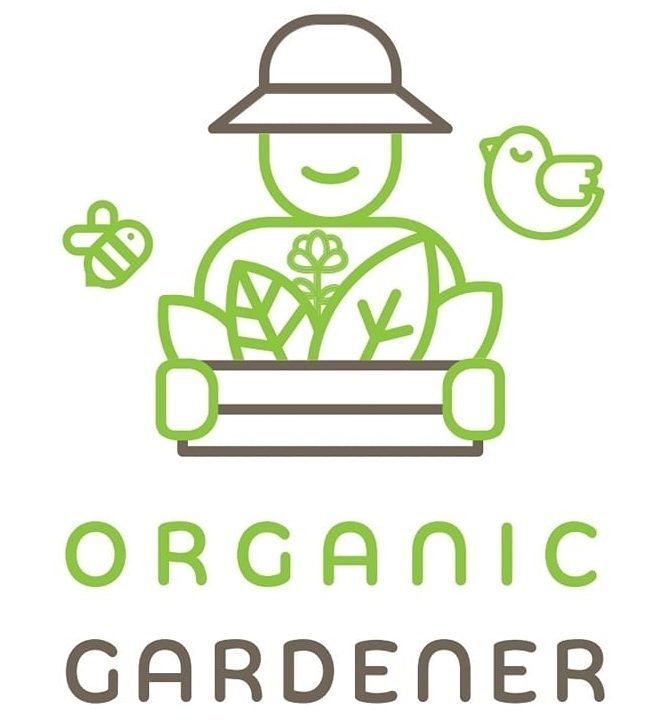For us, Organic Gardening also means using a sustainable way of packaging and despatching our products. That is why we ask ourselves the following questions about each package we are about to despatch:
- What is the most sustainable way to pack this product?
- Do we really need this packaging material?
- If so, can we package it plastic-free or with recycled plastic?
There is a variety of choices available between certified biodegradable packaging without chemical harmful additives, recycled plastic or recycled paper.
What types of packaging material are available?
- Recycled paper. The environment is best served by using as little paper as possible. Recycled paper has less environmental impact than new paper. Making recycled paper requires less water than making new paper, but it uses the same amount of energy. Recycled paper also requires less wood. Paper recycling is a process by which new paper products are made from waste paper. There are different categories of waste paper suitable to be used as a raw material for recycled paper: Mill waste: paper shreds and other paper waste left over from paper production and then recycled at the same paper mill. Paper is therefore never lost, Pre-consumer waste paper: manufactured paper products that have left the paper mill but never reached the consumer. It has therefore become waste paper before it has been used. This is the highest quality recycled paper. Post-consumer waste paper: paper discarded after use by consumers and businesses. These types of paper therefore always have contamination in the form of ink, staples, etc.
- Biobased plastic is made of renewable materials such as sugar cane or corn starch. It is not made from petroleum and is therefore sustainable. However, it does take agricultural land to grow.
- Biodegradable plastics are plastics that are compostable. These come from sustainable materials, but also from petroleum. The material is certified to break down in a composter within 12 weeks. However, it often does not get that much time and possibly not all packaging then fully composts.
- Recycled Plastic (rPET) is recycled PET (polyethylene terephthalate) plastic that is used to make packaging, such as plastic bottles and food containers. After the original PET containers are used by consumers, they are returned via a recycling program to a facility that sorts, cleans, and transforms the plastic into rPET flakes or pellets. The rPET flakes/pellets can then be reused to make new products, such as fibre for clothing and carpets or plastic for packaging of food or plants. Converting postconsumer PET into a valuable resource helps the environment because rPET has a lower carbon footprint than virgin PET. PET plastic is used to make clear, strong, and lightweight packaging. PET is 100% recyclable and is the most recycled plastic in the UK and worldwide.
- Recyclable plastic can be reused. In practice, consumers recycle only 50% of plastic packaging material, partly because it is not properly marked or because the waste processor cannot sort it.
We package live bulbs/roots in Compostable or rPET plastic
For Dahlias and bare root perennials we use compostable plastic bags to prevent them from drying out. We found out plastic is the best way to keep them fresh and this is essential to preserve flower bulbs and bare roots before being planted in the soil.
We use Recycled Paper Bags and Green Printed Plant Labels
Our flower bulbs, bare root perennials and seeds are packed in 100% recycled and recyclable paper bags and/or sacks. The plantlabels for bare root perennials and flower bulbs are printed by a green and sustainable printing company in Exeter on recycled paper. They have a Zero Landfill Policy in place and source sustainable print materials and everything they print is eco-friendly and sustainable. They are FSC and 100% Green Energy certified and are affiliated with both the Woodland Trust Carbon Capture Scheme and the Forest Carbon Schemes.
To protect products from being shuffled during transport, we add used paper to fill up the box. Our box tape is also made of paper.
We aim to use less space and little weight during transport
We offer our perennials as bare root plants from February until May. This means these plants will be despatched as rhizome without soil and pot. This has a surprisingly sustainable advantage:
The bare roots take much less space while travelling compared to potted plants, both from our suppliers to us, as from our storage to our customers. Our bare root perennials are equally sized as a 9 cm. potted plants or even bigger.
Both bare roots as the way of packing saves space in the vans of our couriers, which means less vans on the road.
Besides that we aim to pack all our plants and garden items as tight as possible, so you won’t receive a half empty box.
We use Peat-free compost
For our bare roots we don’t use compost at all, but if we do pot them up to prolong the gardening season, we use a peat alternative compost without using pesticides.
Have you found a more sustainable way of packing? Let us know!
Have you found a more sustainable solution for packing plants, bare roots, bulbs or garden items? Please let us know! We aim to improve our sustainable way of packing and despatching our products all the time.
